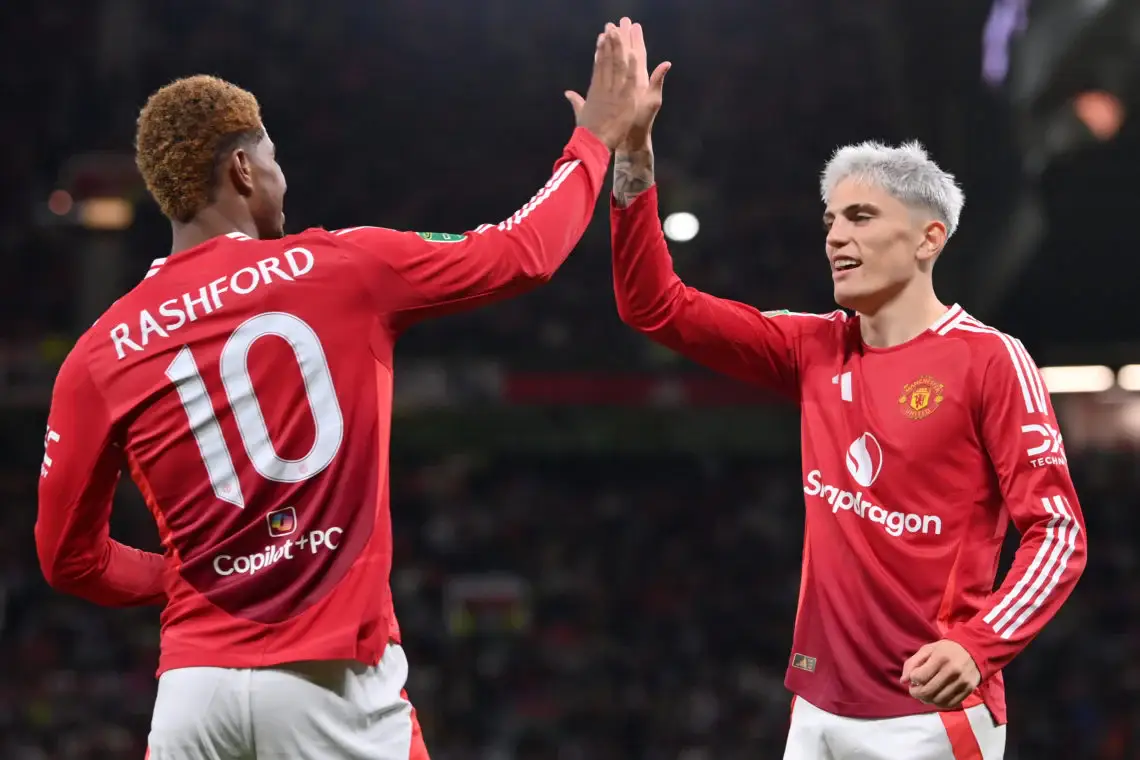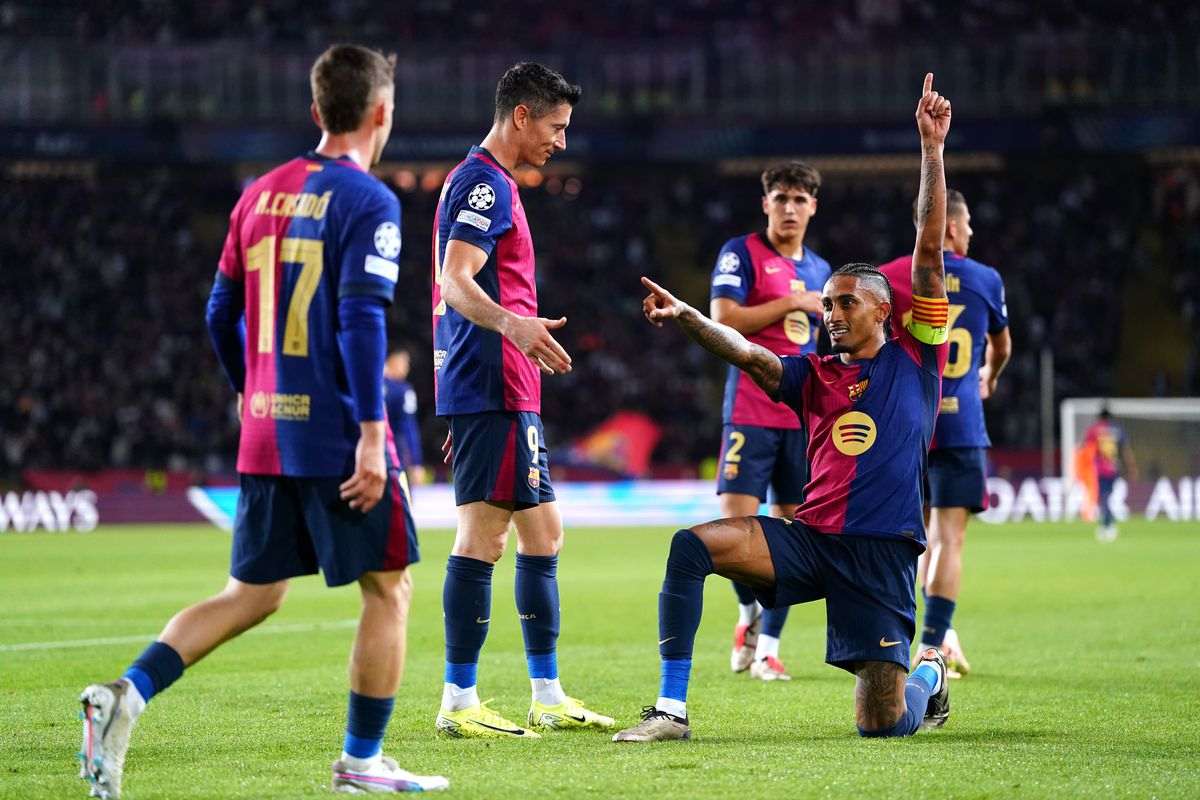

- Alejandro Garnacho sparked controversy by wearing a Rashford-Aston Villa shirt online
- Marcus Rashford replied “my brother” amid claims of past tensions between the two
- Both players were sidelined and now told to find new clubs
Key Takeaways:
A mini scandal appears to be brewing in the Manchester United camp after Alejandro Garnacho posted a photo on social media, showing the Argentine wearing an Aston Villa shirt with Marcus Rashford’s name on the back. Rashford responded with a comment under the post: “my brother”. In the past, the English press claimed the two players were not on especially good terms, even reporting that people from Rashford’s camp had referred to Garnacho as a “Ronaldo copycat”.
Alejandro Garnacho repping Marcus Rashford while on holiday ❤️ pic.twitter.com/9cwXLSgzoV
— ESPN UK (@ESPNUK) June 23, 2025
Both footballers were dropped from the “Red Devils” squad back in January for the Manchester derby, although the exact reasons were never fully clarified. After that, they went on different paths. The Englishman was loaned to Aston Villa, where despite some solid performances in the Birmingham team’s shirt, the club declined to sign him permanently. The Argentine seemed to have regained Amorim’s trust and was playing regularly until the final weeks of the season, when he was benched again. The former Atletico Madrid winger then reportedly entered a sort of conflict with the manager after the Europa League final, and was once again excluded from the squad. Press reports suggest that both players have now been told they will not return to the team and should start looking for a new club.
Now, various analysts claim these are fully intentional actions by the players, aiming not only to show their stance but also to weaken Manchester United’s position in any talks with potential buyers. At Old Trafford, the board reportedly had firm expectations of raising between £80 and £100 million from their sales, but given recent developments, that valuation now seems overly optimistic and increasingly unlikely.




